Transcending and Including the Ego
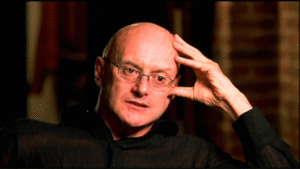
Some years ago I caused something of a scandal when I pointed out that the original Sanskrit root of the word “Yoga,” meant “Union,” and that the objective of the spiritual path was not to get rid of the ego and of our imperfections, but instead to embrace and transform them.
Much later I discovered that I was not alone in my understanding:
“Transcending the ego” thus actually means to transcend but include the ego in a deeper and higher embrace, first in the soul or deeper psychic, then with the Witness or primordial Self, then with each previous stage taken up, enfolded, included, and embraced in the radiance of One Taste. And that means we do not “get rid” of the small ego, but rather, we inhabit it fully, live it with verve, use it as the necessary vehicle through which higher truths are communicated. Soul and Spirit include body, emotions, and mind; they do not erase them.”
–Ken Wilber (American Philosopher, 1949-)
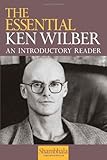
“The Essential Ken Wilber: An Introductory Reader.” (Ken Wilber)
Learning to Let Go
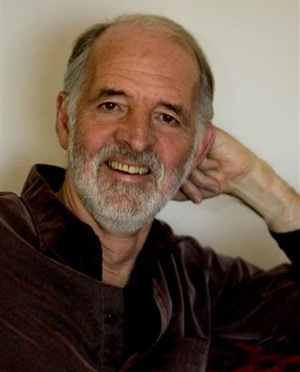
“Meditation provides a way of learning how to let go. As we sit, the self we’ve been trying to construct and make a nice, neat package continues to unravel.”
–John Welwood (American Psychologist, Psychotherapist, Writer and Teacher on Psychospirituality, 1943-)
Integrating the Quest
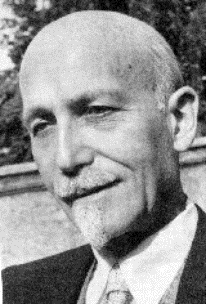
“The teaching that the Quest cannot and should not be separated from life in the world is a sound one.
Therefore, it is part of philosophy and is not some eccentric enterprise to be undertaken by those who wish to escape from the world, or who, being unable to escape, consider themselves as belonging to a class apart from others in their environment – superior to them, different from them, and holier than them. They also come to consider the Quest as an artificial system of living, devoid of spontaneity and naturalness – something to be labored at by making themselves abnormal and inhuman. One of the consequences of this attitude is that they tend to overlook their everyday responsibilities and thus get into difficulties. Philosophy has consistently opposed this tendency. Unfortunately, in the reaction from it, there has arisen a fresh confusion in the minds of another group of students who do not understand the beautiful and adequate balance which true philosophy advocates. These students, swayed by such teachers as Krishnamurti, become so enthused by the notion of making spiritual progress through learning from experiences and action alone that they follow Krishnamurti’s advice and throw away prayer, meditation, and moral striving, as well as study under personal teachers. This limits them to a one-sided progress and therefore an unbalanced one. Total truth can only be got by a total approach; as Light on the Path points out, each of these forms of approach is but one of the steps and all steps are needed to reach the goal.
The whole of his being must be involved in the effort if the whole of truth is to be found. Otherwise the result will be emotional alone, or intellectual alone, or adulterated with egoistic ideas and feelings.”
–Paul Brunton (a.k.a. Raphael Hurst, English Philosopher, Traveler, Spiritual Teacher and Author, 1898-1981)
What Does the Ego Think About Enlightenment?

“The attainment of enlightenment from ego’s point of view is extreme death.”
–Chögyam Trungpa (Tibetan Buddhist Meditation Teacher, Scholar, Artist and Founder of Naropa University, 1940-1987)
What Remains When Your Ego Dissolves Away?
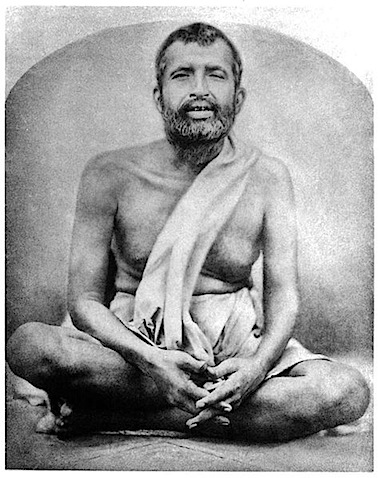
“Think of a vast ocean filled with water on all sides. A jar is immersed in it. There is water both inside and outside the jar; but the water does not become one unless the jar is broken. What is the jar? It is I-consciousness – the ego. When the I disappears, what is, remains.”
–Sri Ramakrishna (a.k.a. Sri Ramakrishna Paramahansa, Indian Hindu Mystic and Promoter of Universal Religion, 1836-1886)
Shaking the World
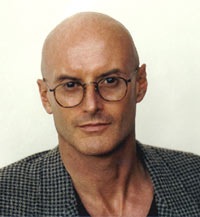
“Saint Teresa was a great contemplative? Yes, and Saint Teresa is the only woman ever to have reformed an entire Catholic monastic tradition (think about it). Gautama Buddha shook India to its foundations. Rumi, Plotinus, Bodhidharma, Lady Tsogyal, Lao Tzu, Plato, the Baal Shem Tov–these men and women started revolutions in the gross realm that lasted hundreds, sometimes thousands, of years, something neither Marx nor Lenin nor Locke nor Jefferson can yet claim. And they did not do so because they were dead from the neck down. No, they were monumentally, gloriously, divinely big egos, plugged into a deeper psychic, which was plugged straight into God.”
–Ken Wilber (American Philosopher, 1949- Revolution)

“One Taste: Daily Reflections on Integral Spirituality” (Ken Wilber)
The Perspectives of the Ego
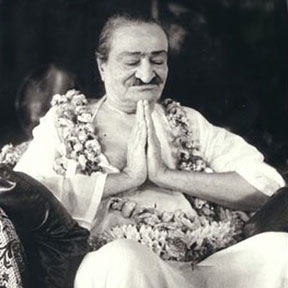
“It is characteristic of the ego that it takes all that is unimportant as important and all that is important as unimportant.”
–Meher Baba (Indian Spiritual Teacher who, from July 1925 maintained Silence, 1894-1969)
No Limit to Your Light
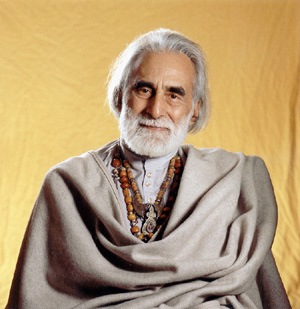
“There is no limit to your light, except the dark shadows of the ego cast upon the sky which we call self. Shake you soul! Awaken it from slumber! The time has come to awaken to your Divine being.”
–Pir Vilayat Khan (Sufi Teacher and Head of the International Order of Sufis, 1916-2004)
Your Real Self
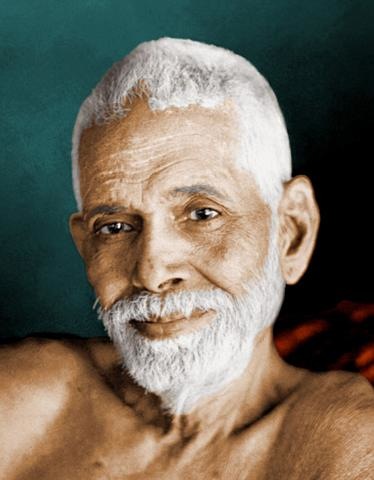
“I shall now state clearly the profound secret. Understand that when the ego dies and the real Self is realized as the One Reality, then there remains only that real Self, which is pure consciousness.”
–Ramana Maharshi (Indian Hindu Mystic and Spiritual Teacher, 1879-1950)






